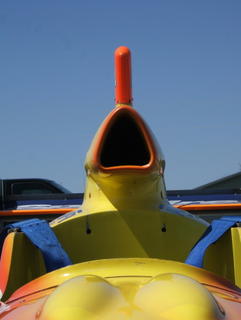
Ten Laws of Family Life
- Emotional Distance does not solve problems. Sometimes emotional distance actually transfers problems to other relationships. We change partners and keep the problems.
- Loss and Replacement. When people suffer a loss there is often a rush to replace the loss. The immediate pain may be reduced, but the potential for change is low. There are lessons to be learned from the loss.
- Chronic Conditions. If a perpetual problem exists, identify the person or persons who are reinforcing the dysfunction. The situation in the family will have to get worse before it gets better.
- Pain and Responsibility. I have to be able to allow another member of the family to struggle, to hurt and suffer, especially if there are consequences that need to fall upon them. We must learn to sit still and wait. Within reason, natural or logical consequences must fall and we must learn from them.
- The Paradox of Seriousness and the Playfulness of Paradox. Some situations are only made worse by standing around and saying, "Isn’t this awful?" Being too serious is as a bad as being too flippant. Over reaction and under reaction both have a price. Joyfully work the problems.
- Secrets and Systems. Keeping a secret is like plaque in the arteries. Let there be none in your family. Get all of the information out on the table. Reality is our best friend. The unmentionable is unmanageable!
- Sibling Position. Our position in our family of origin does in fact teach us certain roles to play. These roles are ones that we bring with us into our nuclear family as well as our congregational family.
- Diagnosis can be addicting. We can spend so much time diagnosing other people that no change is ever effected. Labeling is easier than enacting a cure.
- Symmetry. If one extreme polarity exists in a family, you will probably find a counter balance.
- Families are durable and resilient. Survival is probable.
How might these make a difference in ministry? Churches are families.
Edwin Friedman - Generation to Generation






